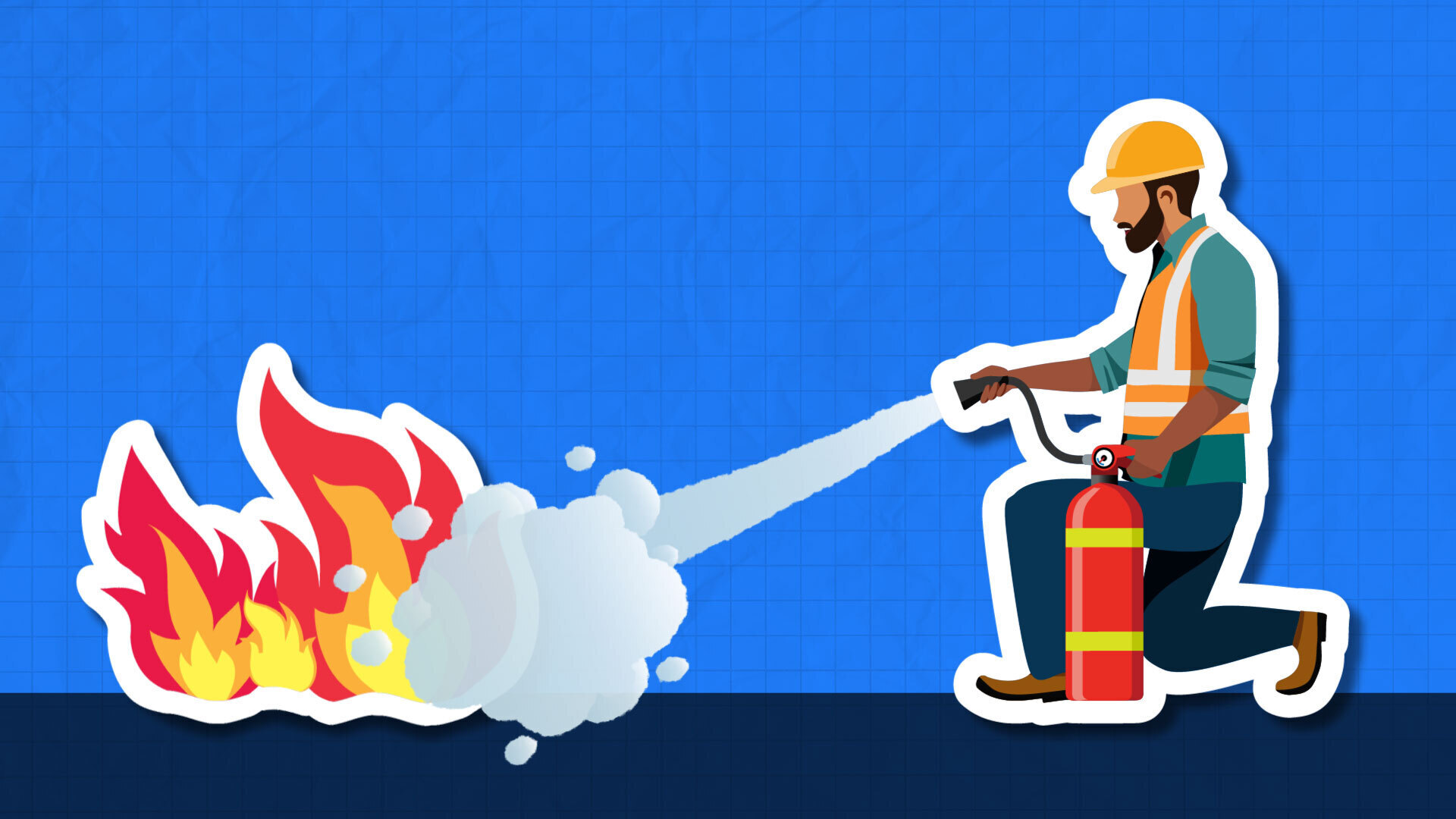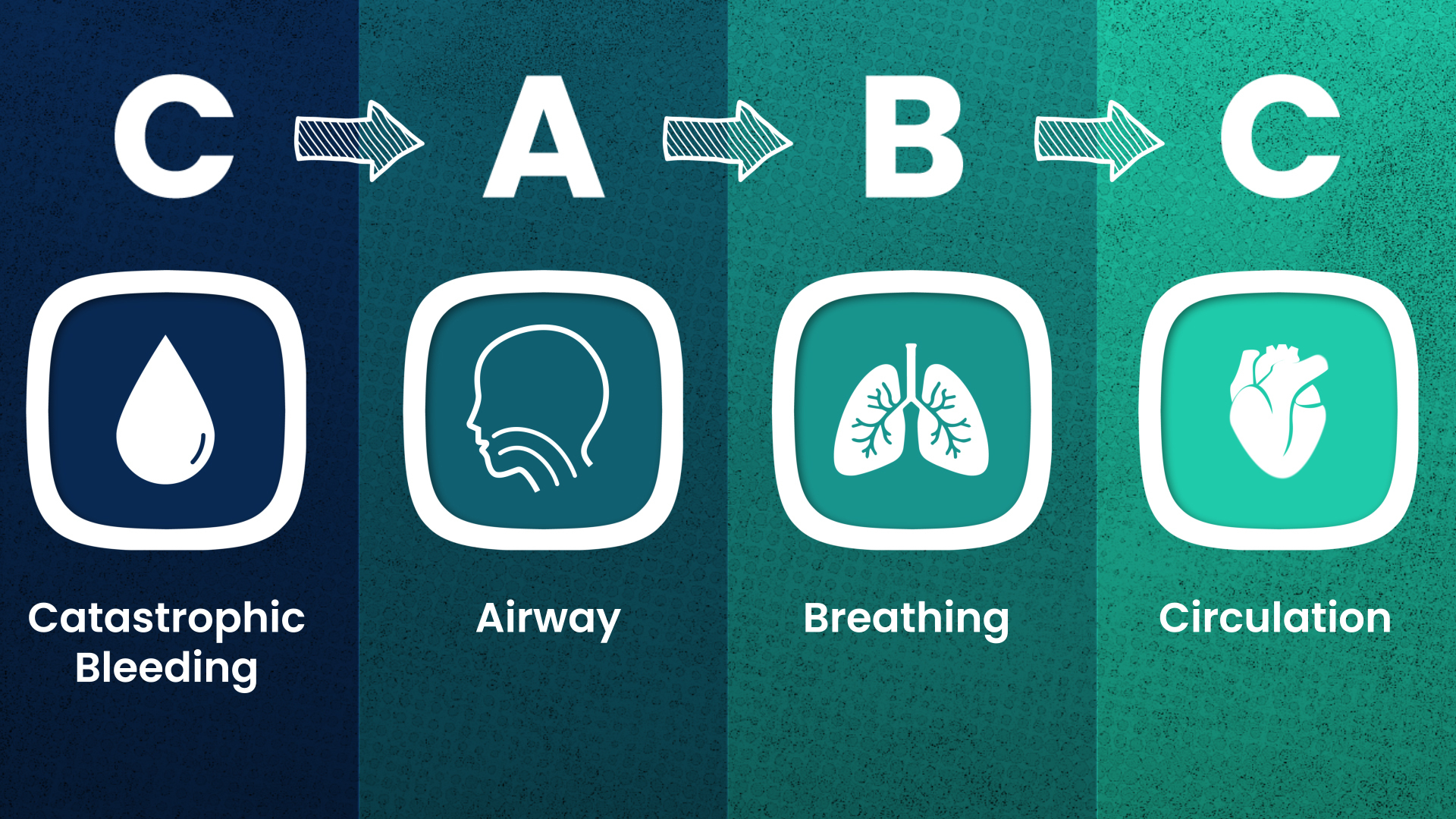
Working at Height
This course helps learners build essential competence and confidence for working at height in some of the world’s most hazardous industries. With a focus on prevention, inspection, and emergency readiness, your workforce will be better prepared to protect themselves and others.

At a glance
- 30 minutes
- 10 assessment questions
- No pre-requisites
- 80% pass mark
Accreditation
This course is written in accordance with the Health and Safety Executive (HSE) guidance.
The HSE is Britain’s national regulator for workplace health and safety.

£40.00
Per unit - exc. VAT
Why this course matters
- Falls from height account for over 36% of UK workplace fatalities
- 50 lives were lost in 2023/24 due to falls from height
- Even a fall from just two metres can result in serious injury or death
- Most incidents are preventable with the right training, equipment, and controls
(Source: HSE.gov.uk)
-
Overview
Falls from height remain one of the leading causes of workplace fatalities and serious injury. This course covers the legislation, risks, controls, and equipment associated with working at height in hazardous industries. It introduces learners to the hierarchy of controls, fall prevention and arrest systems, risk assessments, and emergency rescue procedures.
Tailored for sectors such as energy, construction, engineering, and maritime, the course provides clear, scenario-led learning with practical activities and equipment guidance, including the use of harnesses, lanyards, and vertical fall arrest systems.
-
Who should take this course?
This training is suitable for:
- Workers operating in hazardous or high-risk environments
- Maintenance personnel and field technicians
- Supervisors or safety leads responsible for working at height procedures
- Contractors in sectors such as offshore, wind energy, oil and gas, marine, and construction
-
Learning outcomes
By the end of this course, learners will be able to:
LO1: Define work at height and identify the regulations governing it
LO2: Recognise height related hazards common in hazardous industries
LO3: Conduct effective risk assessments, including hazard identification, severity evaluation, and control selection
LO4: Apply the hierarchy of controls, prioritising collective measures over personal protective equipment
LO5: Describe how to select and inspect fall protection equipment before use
LO6: Give examples of fall prevention and fall arrest equipment and understand when to use them
LO7: Explain how to use access equipment - such as ladders, scaffolds, platforms, and cherry pickers - safely
LO8: Give an overview of emergency and rescue procedures, including suspension trauma response
-
Course content
This course combines high-impact visuals, clear narration, and interactive activities to guide learners through:
- The definition and legal framework of working at height Height-related hazards, including fragile surfaces and falling objects
- Hierarchy of controls: elimination, substitution, collective protection, administrative controls, and PPE
- Fall prevention vs fall arrest: key differences, applications, and systems
- PPE: full-body harnesses, lanyards, inspection, adjustment, and storage
- Vertical fall arrest systems, anchor points and slider mechanisms
- Emergency procedures, rescue equipment and suspension trauma
- Risks posed by dropped objects and how to prevent incidents
- Assessment and certification
-
Assessment & certification
This Working at Height training course ends with a 10-question multiple choice assessment with downloadable certificate.
User certificates, training progress, and results are all stored centrally in your LMS and can be accessed any time to reprint certificates, check and set pass marks, and act as proof of a commitment to ongoing legal compliance.
-
What does my certificate include?
Your Working at Height training certificate includes your name, company name (if applicable), name of course taken, pass percentage, date of completion, expiry date and stamps of approval or accreditations by recognised authorities.
Note: If using SCORM delivery via a third-party LMS, certification will need to be generated within your host LMS.

Explore more
Related courses

COSHH
- 30 minutes
- 10 assessment questions
- No pre-requisites
- 80% pass mark
HSE accreditation


Fire Safety Awareness
- 30 minutes
- 10 assessment questions
- No pre-requisites
- 80% pass mark
HSE accreditation


First Aid Awareness
- 30 minutes
- 10 assessment questions
- No pre-requisites
- 80% pass mark
HSE accreditation
